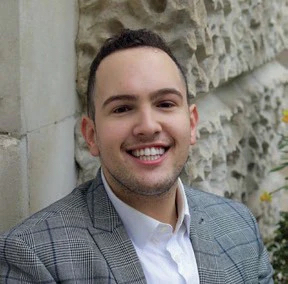How do I promote aesthetic treatments on social media in an ethical way?

The past few years have seen an increase in concern about how the beauty and aesthetics industries operate on social media and how that affects the public’s mental health.
In a bid to address these concerns, in August the UK’s Health and Social Care Select Committee published a report titled “The impact of body image on mental and physical health”.
The report recommended that the Government should work with the industry and the ASA to encourage advertisers and influencers not to doctor images and states that commercial images should carry a logo if digitally altered and that diagnosis and treatment of body dysmorphic disorder should be made a priority and the Government's initial response can be seen here.
This report was a great start to demonstrate the impact that images and social media have on people’s mental health. Ultimately, Gen Z doesn’t know a world without TikTok or Instagram, so seeing all these things really impacts their mental health.
Here are my dos and don’ts for beauty and aesthetics professionals to responsibly engage with their audience on social media while promoting their services.
What beauty businesses should do on social media
• Have a USP: what makes you special on social media?
• Stand for something: You need to have a viewpoint. If you stand for nothing you fall for everything. I really believe that on social media.
• Be consistent: I know everyone says consistency is key on social media, but it’s true. I have posted three to five stories every day for the past six years.
• Push video content: Instagram is all about video at the moment, and as the fastest-growing social platform, TikTok is too, so thinking about how to adapt your content to appease the algorithms of these sites will be important for your business in the next few years.
• Diversify: don’t stick to one platform – use TikTok, YouTube, Pinterest – not just Instagram.
What not to do on social media
• Don’t compare yourself to others: don’t look at others and be envious of them because nobody wins that way, and you just end up feeling awful about yourself. Be yourself and show your personality.
• Don’t be afraid to ask for help: don’t think you can do everything yourself. Nobody expects you to be a videographer or photographer extraordinaire. When you need help, don’t be afraid to ask.
• Don’t edit photos for social media: editing or photoshopping pictures before posting is an absolute no-no. It’s so unethical and diminishes trust while being exploitative and potentially harmful to vulnerable people.
Dr Ahmed El Muntasar is a GP and facial aesthetics expert who runs regular clinics in London, Leeds and Manchester. He has over 900k followers on Instagram and 19k on TikTok.
Read our guide on How salons and spas can use TikTok to grow their business here



